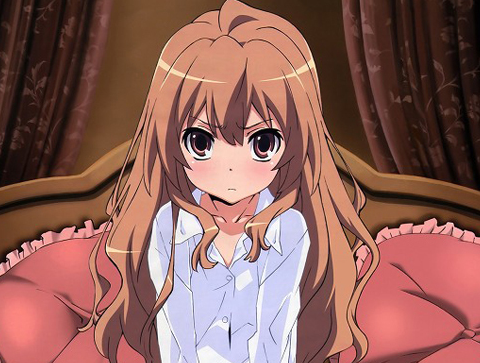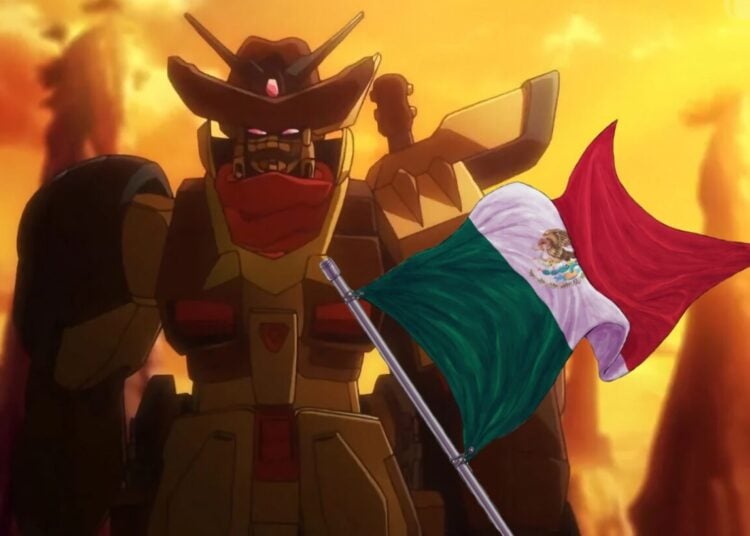One of the first things you do when learning a foreign language is, of course, to investigate all the “naughty” words. But this usually isn’t too exciting in the case of Japanese, as the language lacks the satisfying range of curse words and anatomical references you find in English. Most of the “bad” words aren’t even that bad, with the “s” word (which is kuso in case you were curious) used regularly on Japanese children’s shows, and the average insults being along the lines of baka! “Stupid!” or sashimi yaro! “You cold fish without rice!” (Actually that last one was a joke.) Instead of focusing on the naughty words, some students instead find themselves giggling over words that sound “goofy” to the English ear for one reason or another. One such word I encountered early on was the word for “sometimes,” toki-doki, written using the kanji for “time” twice. The word sounded so similar to “okee-dokee” that I couldn’t stop using it in every sentence, to the great annoyance of my Japanese friends. Some other Japanese words that stood out because of the way they sound included haha, which means “my mother”; ware-ware (WAH-reh WAH-reh), a formal word meaning “we”; doki-doki, the sound of your heart beating in anticipation of something; and mokkori, which is defined as the sound something makes when it protrudes or sticks out suddenly (i.e. pitching a tent).
Onii-chan, No! When Translators Don’t Follow Japanese Naming Conventions
How do you feel when you're watching anime and a character uses an honorific like "Onii-chan," but the subtitles use...















